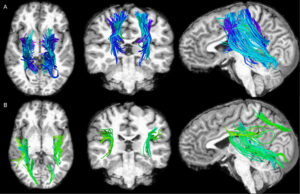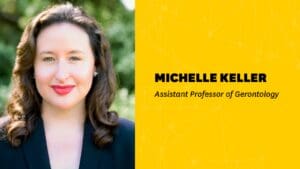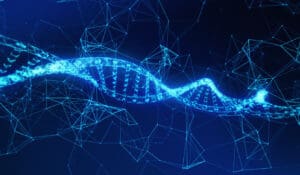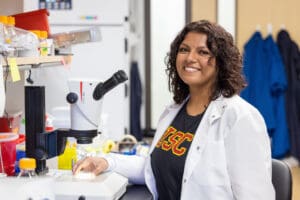Medical Xpress covered a study led by Berenice Benayoun on how genes regulating transposons – also known as “jumping genes” – could be therapeutic targets for aging.
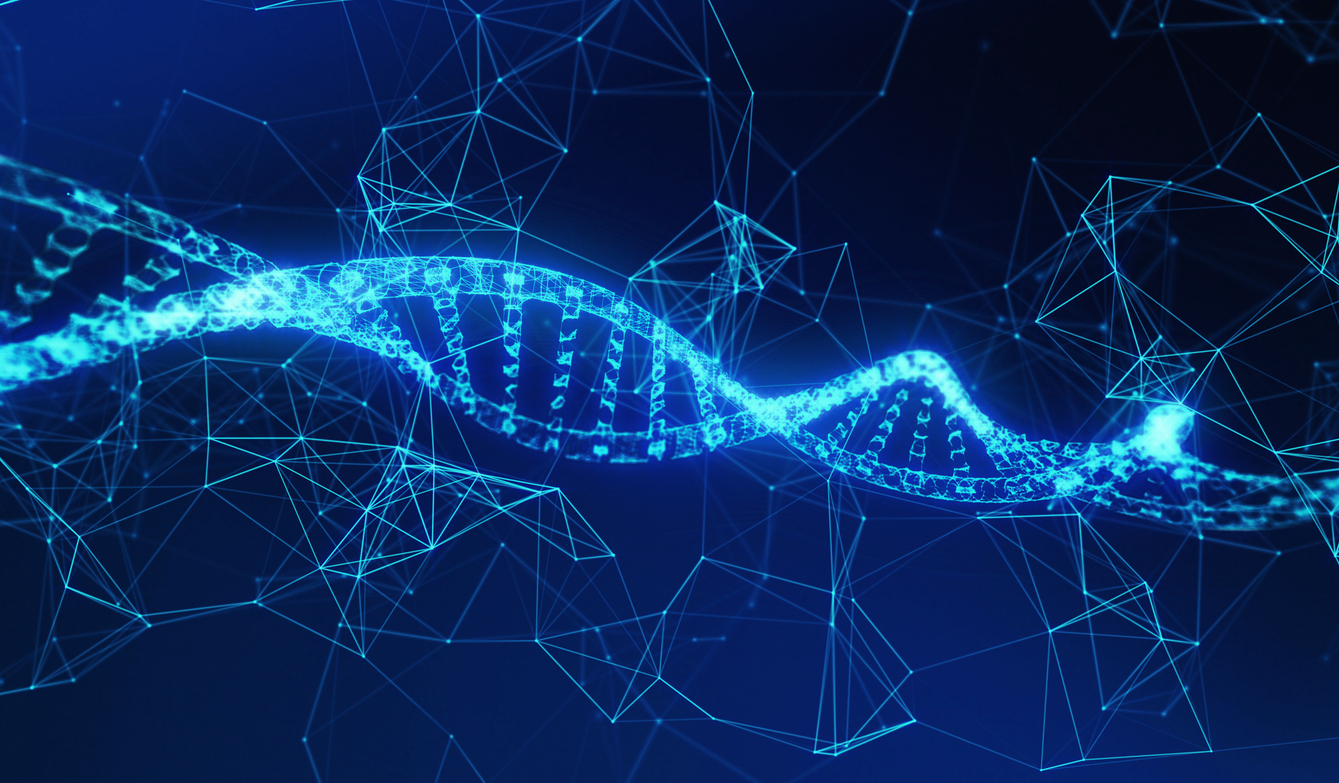
Twisted Sifter featured a story on research led by Valter Longo on how Laron syndrome patients appear to be protected against cardiovascular disease and age-related risks.
The Times (UK) mentioned research on fasting and health led by Valter Longo in an article on the legacy of Dr. Michael Mosley, who popularized the 5:2 diet.
In an article on Michael Mosley’s death, Daily Mail mentioned Valter Longo as a fasting expert Mosley had interviewed for his documentary “Eat, Fast and Live Longer.”
The Economist featured an article on Valter Longo and his work on how fasting can affect health and his development of the fasting-mimicking diet. “If I tell you, fast ten days a year, and I give you everything in a box, ready, I think most people might say ‘yes, I can do it,’” Longo said.
Phys.org featured research by Ryo Sanabria on how a molecule from sea sponges shows promising effects in treating cancer.
Longevity.Technology featured an article about documentary maker Lara Lewington‘s latest work, “Mind Over Matter.” Lewington mentioned interviewing Andrei Irimia for the film: “I went to the University of Southern California, and met the absolutely brilliant Andrei Irimia who uses computational models to understand how our brains age. In the film, he explains how the brain ages both via natural aging, the natural deterioration, versus the actual disease process of dementia, and that they are two different things.”
Las Vegas Review-Journal quoted Valter Longo’s earlier remarks to the New York Times on foods he recommends people avoid. He recommended legumes and fish, and avoiding five foods that start with P: pizza, pasta, protein, potatoes and pane (bread in Italian).


